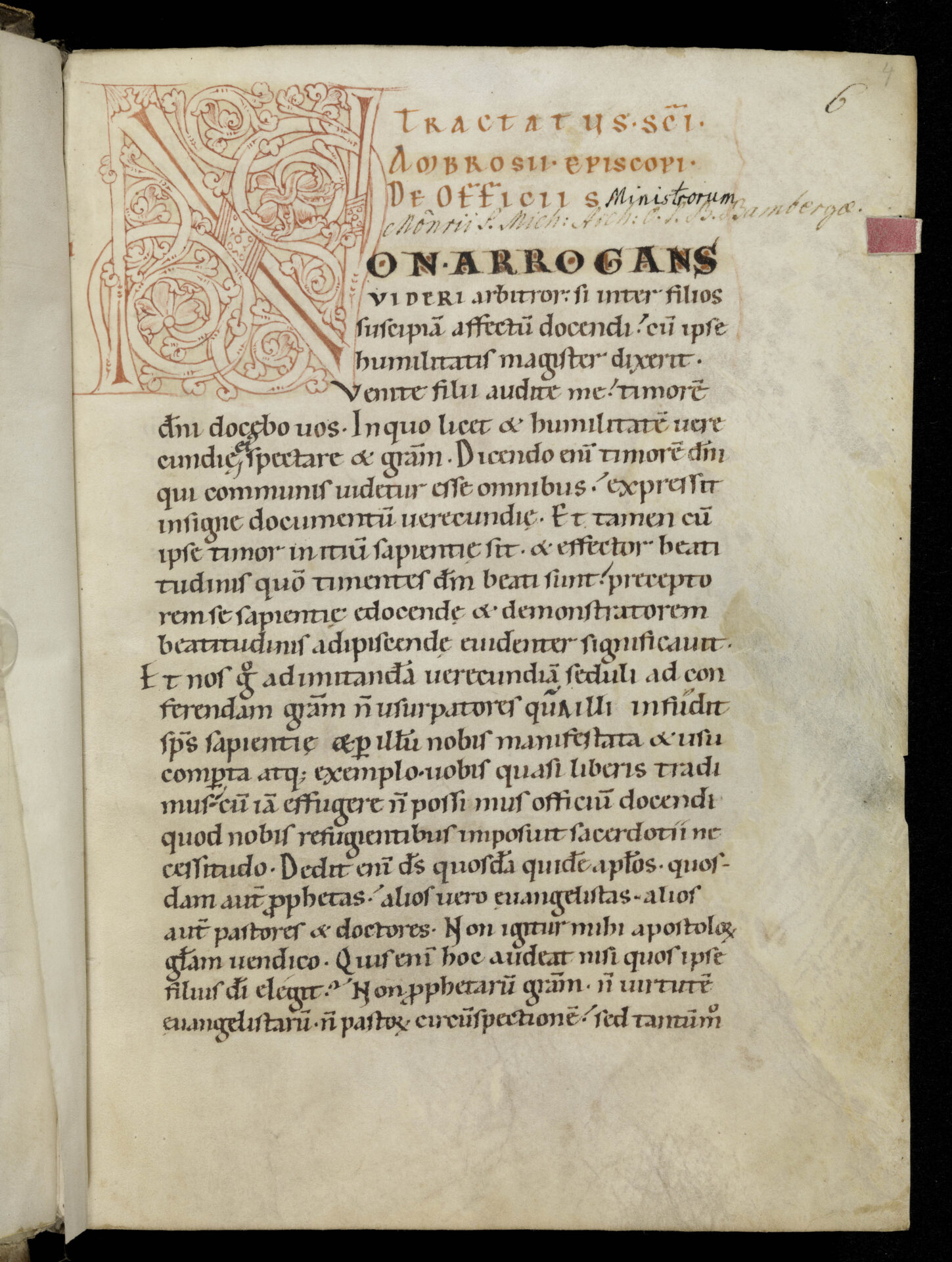
Our rationale
Equipping a new generation with advanced skills for a new age
We stand at a critical juncture: the apparent certainties which defined the era called modernity are crumbling. The challenges of the digital and AI, of decolonization and globalization, are destabilizing and energizing, transforming our sense not just of where we are but how we got here. The digital age is reshaping not just the world in which we live but also our view of the past. For the first time in history, ordinary citizens can browse the written remains of diverse world cultures. Millions of manuscript records are estimated still to exist, and digitization, however limited and unrepresentative, is opening up countless possibilities to learn about the human past, to view the world of writing beyond any one culture, and to replenish our understanding of the diversity of human experience.
Knowledge in the pre-modern world was disseminated through physical writing, closer in its dynamics to the digital age than the age of print. The flexibility of non-print cultures has long been acknowledged; it is now a pressing historical question to understand how they worked, given that society’s relationship with truth and authority is now transforming in the digital age. Understanding manuscript texts requires skill and technical expertise to a level not dissimilar to software development and coding. This Leverhulme Doctoral Scholarships Programme enables students to uncover knowledge orders before modernity, and serve as a training centre to preserve skills that are critically endangered. For over two millennia the primary method of expressing the written word was by hand. At present less well-known — at least in Britain — is the suite of advanced skills required to make the most of these manuscripts and archival records. That suite comprises palaeography (understanding the production of manuscripts through scripts), codicology (understanding the book as material object), and diplomatic (the study of official documents). All three disciplines have strong traditions but need to be not just revived but also revised for our digital age. Knowledge Orders invites a new generation of students to develop the advanced skill-sets needed to equip them to explore the human past across time and space, to interrogate the mass of data which the digital age is making available freely available, and to communicate it to new audiences.
Knowledge Orders combines the old and the new. It seeks to challenge a conventional periodization within the Anglophone literature which associates complex knowledge, complex archival mechanisms, and mundane recording with the arrival of print. It explores the capacities of the handwritten word comparatively, outside and well as within western cultures. It looks at the dynamics of the system from the bottom up. It recognizes that today’s students are citizens of a different world from that in which much scholarship was written, and they need a means of access to handwritten knowledge about the pre-modern past.
The programme organises its projects and scholarships under four themes:
(A) technologies of knowledge
(B) embodied knowledge
(C) systems of knowledge
(D) chronologies of knowledge
For more on these themes, see the relevant page, and also see how you can apply to join our programme.